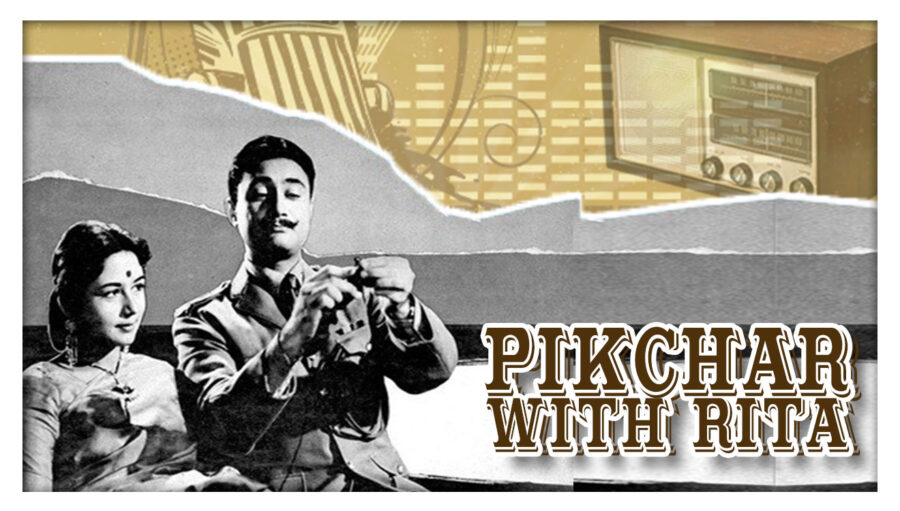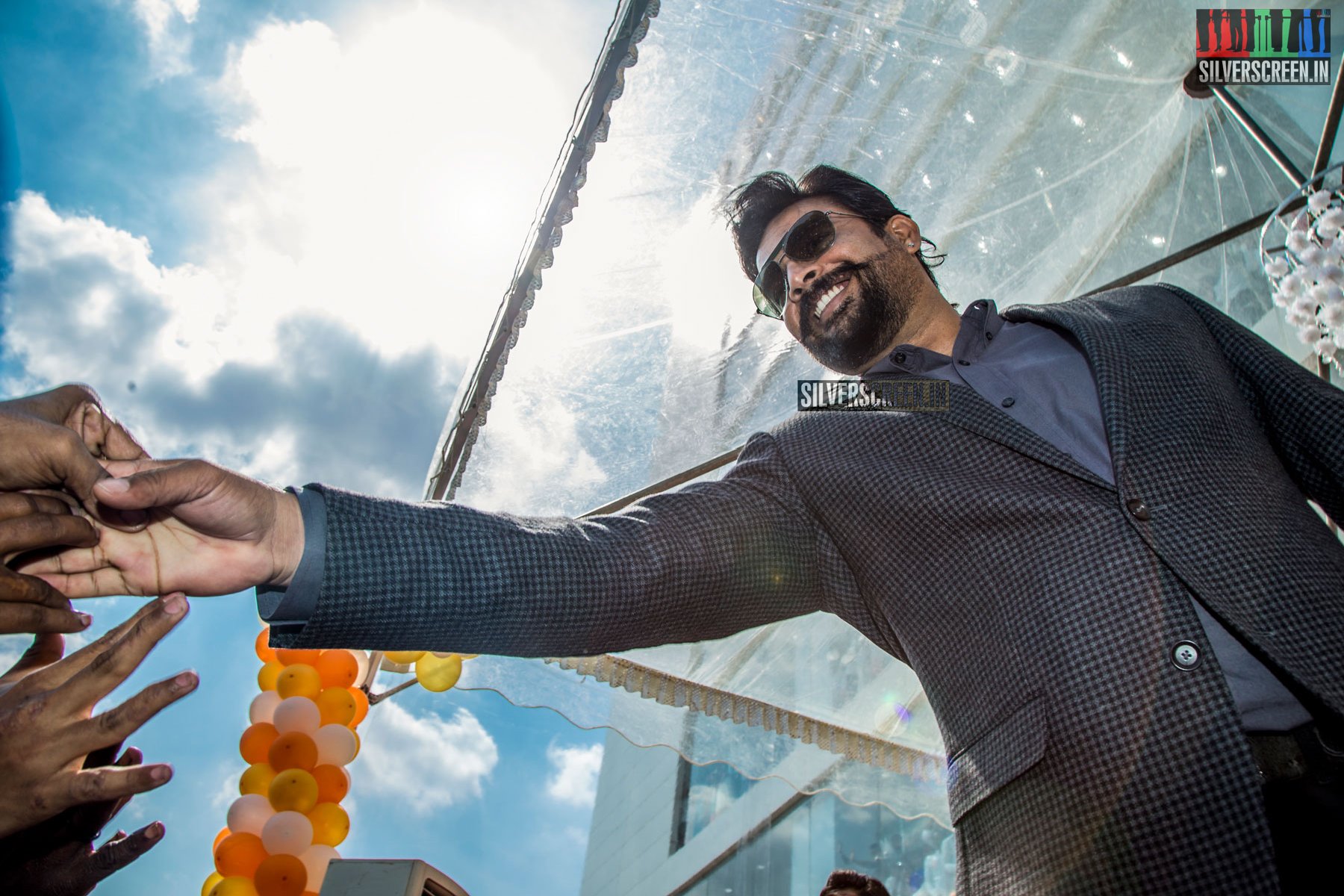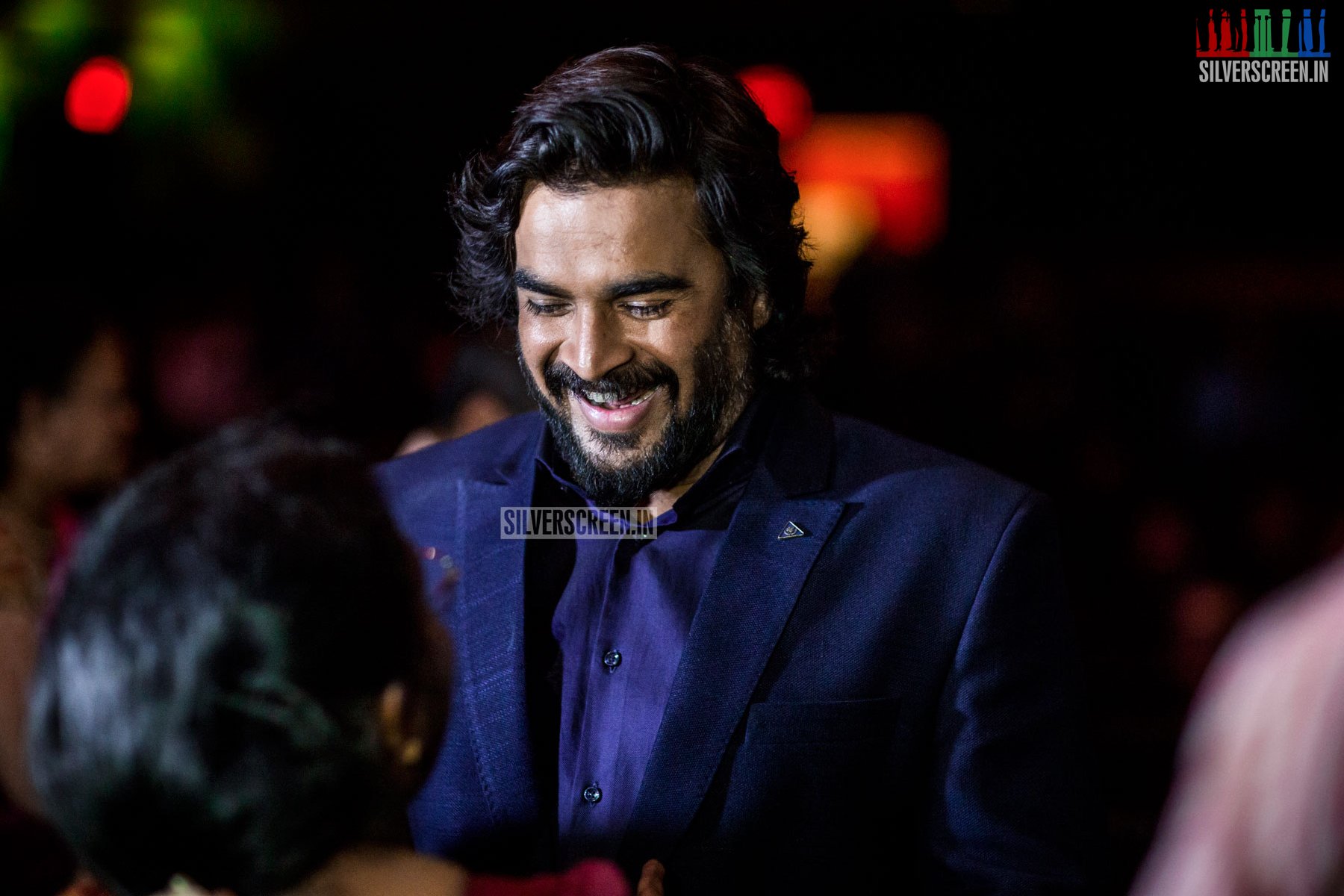Bollywood has an unusually long history of doppelgangers, or what is colloquially called, double role. The more common feature in this regard is to have one good, well-behaved, law-abiding character that is made to stand in contrast with the untamed, unruly other. The unruly ones are made to die or disappear, almost as if they were externalized immoral parts of the self that are made to transition towards a necessary domestication at the end. It is also quite common to find these as twins born of the same parents but separated in the fair of life. But sometimes there’s no such explanation.
I am thinking of the film Hum Dono starring Dev Anand as both Capt Rajesh and Major Verma. The moment of discovery that the two men look exactly alike and both ended up in the same regiment in the army brings to the characters concerned little surprise. They become friends almost as if the look-alike faces guaranteed commonalities of other kinds. It is only when the narrative pans out that the audience realises that ‘hum dono’ (the two of us) was more relevant for the look-alikes than the male and female pairs with Sadhana and Nanda. Meanwhile, the film left its mark by virtue of its music directed by Jaidev in his debut. Think of the fact that this film has Lata Mangeshkar’s immortal song, Allah tero Naam.
Meeta (played by Sadhana) is the girlfriend of a poor and unemployed young man, Rajesh. It is the expensive and musical lighter she gives him that sets the tune for the song, Main zindagi ka saath nibhata chala gaya. The lighter that imbues music and recklessness in the environment is also a reminder of love, relationship and class-difference between Rajesh and Meeta.
However, the most memorable part of the film is the duet in Mohammed Rafi and Asha Bhosale’s unforgettable voices, Abhi na jao chhod kar ke dil abhi bhara naheen. The song is like a lovely conversation that begins with the male lover saying he has not had enough; the heart beats have been few; the eyes have yet to have their fill and so on. The woman reminds in Asha’s playful voice that these desires are not meant to be fulfilled that easily; yeh woh silsila naheen. This is not that kind of a situation. From this playful charge of the senses, the song introduces a stanza when the male voice reminds the female lover that if she makes a habit of leaving everything halfway, adhoori raat, adhoori baat, how would they go through different ups and downs of life? How was she going to pass the tests of life? But hastens to add, bura na maano baat ka, yeh pyaar hai gila naheen.
Recommended
The idea of testing put forth by the male voice is taken up the female voice many years later; almost as if the conversation was still an ongoing one. The lesser-known version is Jahan Mein Aesa Kaun Hai ke jis ko gham mila naheen. Love has now ceased to be restive; but offers itself as a form of companionship. With minimal percussion, and continuous gentle beat; these lines manage to convey, both through words and musical cues, the solidity of love that can weather storms. The duet manages to do what duets are meant for; keep the song an ongoing and inconclusive mode of communication, reminding us that all questions need to be answered immediately, and who gets tested and who passes these tests in the examination of life always remains to be seen. The lines penned by Sahir Ludhianvi, sung by Asha Bhosale as a rejoinder in the present and Jaidev’s beats create to my mind one of the most (or the only?) memorable parts of this film from yesteryear.



